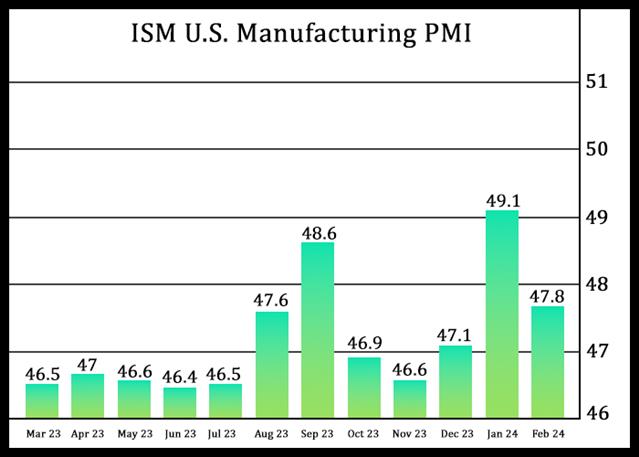
Recently, scientists from Columbia University revealed that experiencing intense anger could damage lining of the person’s blood vessels, known as endothelium, eventually increasing the risk of heart disease.
Under the study published in the Journal of the American Heart Association, 280 healthy young adults, with no heart condition, were divided into two groups – first group was told to recall incidents where they have felt intense anger, while second group recalled incidents provoking emotions such as anxiety, sadness, or any neutral emotion.
During the tasks, the researchers measured the participant’s endothelium function by measuring the speed of blood flow in the vessels, and level of cell debris and endothelium repair cells.
The findings showed that the blood vessels in the first group participants were unable to relax and dilate for upto 40 minutes after the task. They also suffered from impaired endothelium function. However, the second group didn’t show any such signs.
“We speculate that if you’re a person that gets angry over and over again, that you’re chronically impairing your blood vessels,” said lead study author Dr. Daichi Shimbo, professor of medicine in the division of cardiology at Columbia University. “We didn’t study this, but we speculate those kinds of chronic insults from anger can lead to chronic adverse effects of blood vessels.”
Researchers noted that anger could easily trigger stress responses, alter blood vessel functions and nitric oxide levels, promote cell damage, and increase level of endothelin-1, a type of vessel constrictor.
“This study adds nicely to the growing evidence base that mental well-being can affect cardiovascular health, and that intense acute emotional states, such as anger or stress, may lead to cardiovascular events,” said Glenn Levine, M.D., the writing committee chair of the scientific statement.
However, the research team noticed that the endothelial dysfunction restores once the person calms down.
“Understanding that the mechanism that’s there is the first step in being able to help to treat it,” Ebinger said. “This isn’t about denying anger. We’re all going to experience anger but finding ways for us to be able to both control it and minimize it.”
Scientists advised that people could manage their anger by removing themselves from negative situations, doing yoga, breathing exercise or meditation, and talking to therapist or loved one.
Copyright © 2024, RTTNews.com, Inc. All Rights Reserved.















